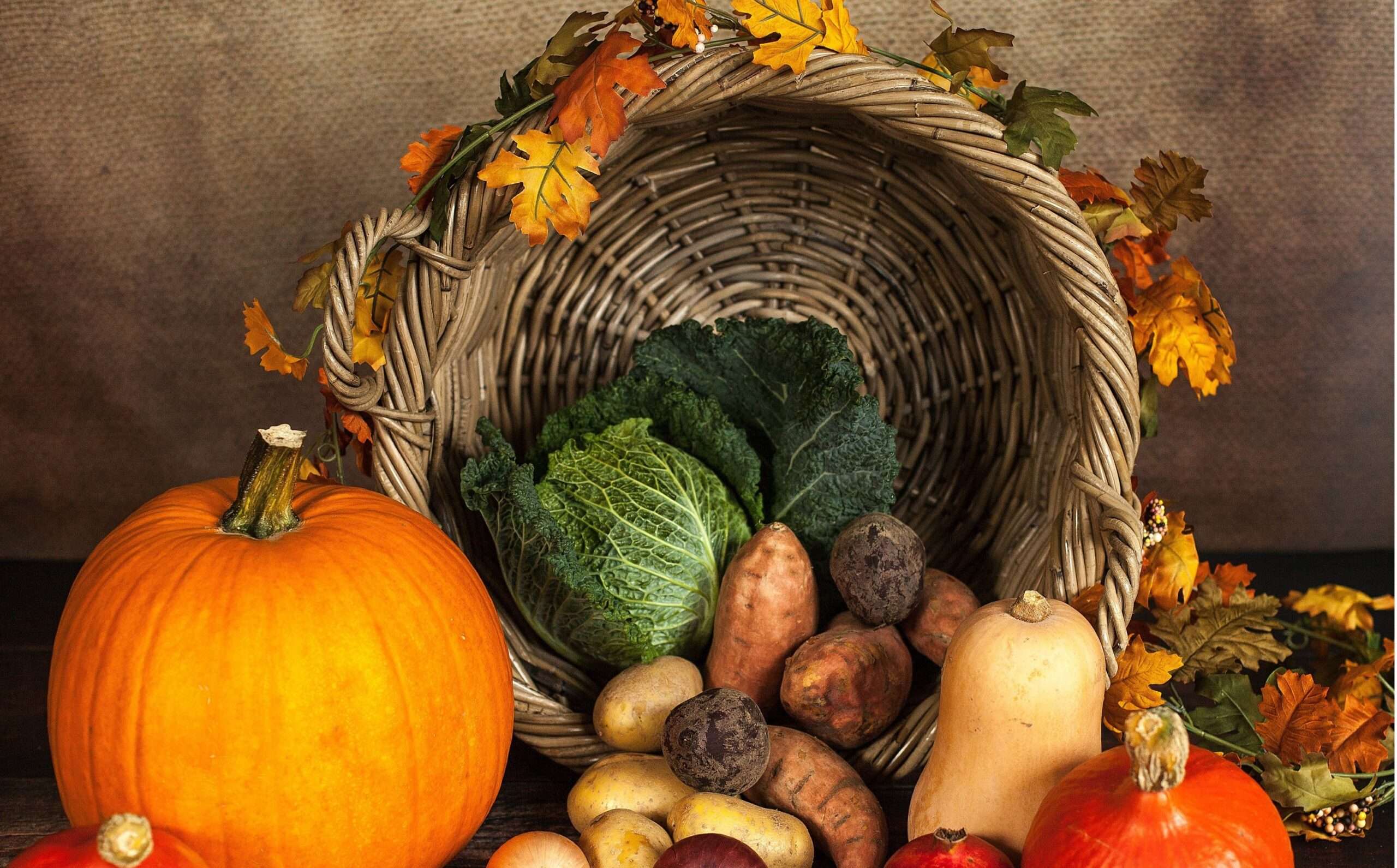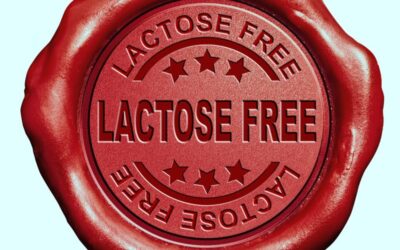For many individuals, vegetarianism offers a path to align their dietary choices with ethical, environmental or health-related values. However, for those managing irritable bowel syndrome (IBS), navigating the world of plant-based eating can be a delicate dance. This blog aims to shed light on the potential benefits and challenges of vegetarianism and IBS symptoms, offering guidance and tips for a harmonious journey.
Understanding IBS
IBS is a chronic functional gut disorder affecting the large intestine, leading to symptoms like bloating, abdominal pain, diarrhoea and constipation. While the exact cause remains elusive, dietary and lifestyle factors are known to play a significant role in triggering flare-ups.
The Vegetarian landscape
Vegetarianism encompasses a spectrum of dietary choices, from the Lacto-ovo vegetarian (including dairy and eggs) to the Vegan (excluding all animal products). Each variation offers its own set of potential benefits and drawbacks in the context of IBS. With the popular ‘Veganuary’, many people are turning to a more plant-based diet.
Potential benefits of Vegetarianism for IBS
- Increased fibre intake: Vegetarian diets tend to be naturally richer in fibre, which promotes gut health and regularity, potentially alleviating constipation. However, increased fibre can often lead to the development of IBS symptoms in some people
- Reduced inflammation: Plant-based foods are often lower in saturated fat, which can contribute to inflammation, a potential IBS trigger
- Improved gut microbiome: Increased plant diversity can lead to a more diverse and beneficial gut microbiome, potentially improving digestion and reducing IBS symptoms
Challenges of Vegetarianism for IBS
- FODMAPs: Many plant-based foods, like legumes, fruit and vegetables, are high in FODMAPs (fermentable oligosaccharides, disaccharides, monosaccharides and polyols). These poorly absorbed carbohydrates can trigger gut flare ups in IBS patients
- Beans and pulses: These foods can increase IBS symptoms, so try increasing them gradually into your diet
- Nutrient deficiencies: Certain vegetarian diets, particularly vegan, may lack essential nutrients like iron, calcium and vitamin B12, requiring careful planning and possibly supplementation
- Limited food options: Eliminating animal products can restrict dietary options, making it challenging to create balanced and satisfying meals
Finding your balance
While the relationship between vegetarianism and IBS is complex, there are ways to approach it strategically, to ensure that you still have a healthy diet:
- Consult an IBS Dietitian trained in FODMAPs: A personalized plan tailored to your specific needs and IBS triggers is crucial
- Embrace the low-FODMAP diet: This approach focuses on eliminating high FODMAP foods while incorporating low FODMAP options from both animal and plant sources
- Prioritize variety: Explore a diverse range of low FODMAP plant-based foods to ensure that you still have an adequate nutrient intake and tasty meals
- Mindful eating: Listen to your body. Observe its response to different foods and adjust your diet accordingly
- Stress management: Stress can exacerbate IBS symptoms, so incorporate stress-reduction techniques like yoga or meditation into your daily routine
You’re not alone – a FODMAP Dietitian can help
An IBS Dietitian trained in FODMAPs can use knowledge and experience to help with the low FODMAP diet. It’s tricky to do alone though, but with support, sufferers can identify their triggers and improve management of IBS symptoms. A FODMAP dietitian will provide practical ways to help fit the low FODMAP diet into your lifestyle. Ensuring that as a follower of a plant-based diet, you still get all the nutrients you need from your food. I’m and IBS Dietitian based in Cardiff, but work across the UK. I offer a free initial telephone consultation, so why not arrange a call today.
Conclusion
Following a plant-based diet can be a healthy dietary choice, but its impact on IBS depends on individual factors. Embracing a personalized approach that considers FODMAPs and nutrient needs is crucial for managing vegetarianism and IBS symptoms. Remember, the key lies in finding a balance that nourishes your body and eases your symptoms, allowing you to thrive with both IBS and a vegetarian lifestyle.
Disclaimer: This blog is for information purposes only and does not substitute for professional medical advice. Please consult your healthcare provider for personalised diagnosis and treatment of IBS.




